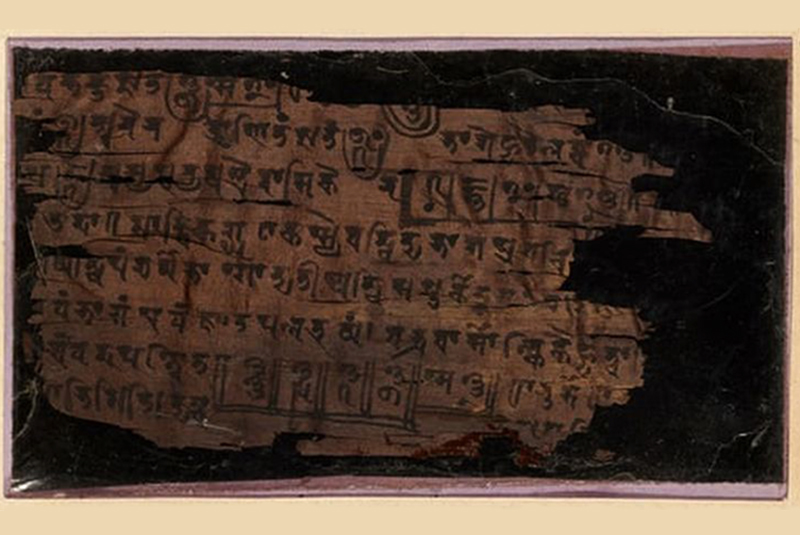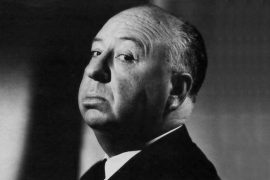In recent years, many prominent mathematicians set out on a quest for the origin of nothing. Zero, perhaps the most ubiquitous symbol in mathematics, has a presence in many ancient civilisations across the world. It emerged independently across various cultures – the Mesopotamian, Sumerian and Mayan civilizations – but as a separate store of value, it was in India that it first appeared.
For Israeli mathematician Amir Aczel, it was a journey that took him from Britain to India and then Cambodia. At Gwalior, a temple bore an inscription then thought to be from the ninth century A.D. – and the oldest record of zero as its own number in the world.
Amir was working on his book “Finding Zero”, and hunted for an even older record – dubbed K-127, in Cambodia. He struggled for years to gain access to an ancient slab thought to have been lost during the Khmer regime. His journey culminated in Cambodia, where he rediscovered the slab thought to date to 678 A.D. Finding Zero was published in 2015 – the same year that Amir tragically passed away from cancer.
Two years later, it turns out that he might have been better served had he lingered longer in India. The credit for the discovery of the oldest zero in the world goes to a peasant, who found a manuscript in 1881, containing what has now been verified as the oldest extant mention of zero as its own number. Named after the peasant’s village, the Bakshali manuscript is the subject of a radiocarbon study by the University of Oxford’s Bodleian Libraries, which proved that it was 500 years older than earlier thought.
-30-
Copyright©Madras Courier, All Rights Reserved. You may share using our article tools. Please don't cut articles from madrascourier.com and redistribute by email, post to the web, mobile phone or social media.Please send in your feed back and comments to [email protected]











